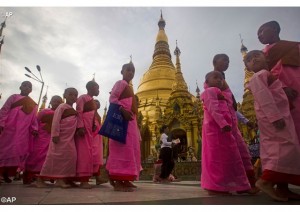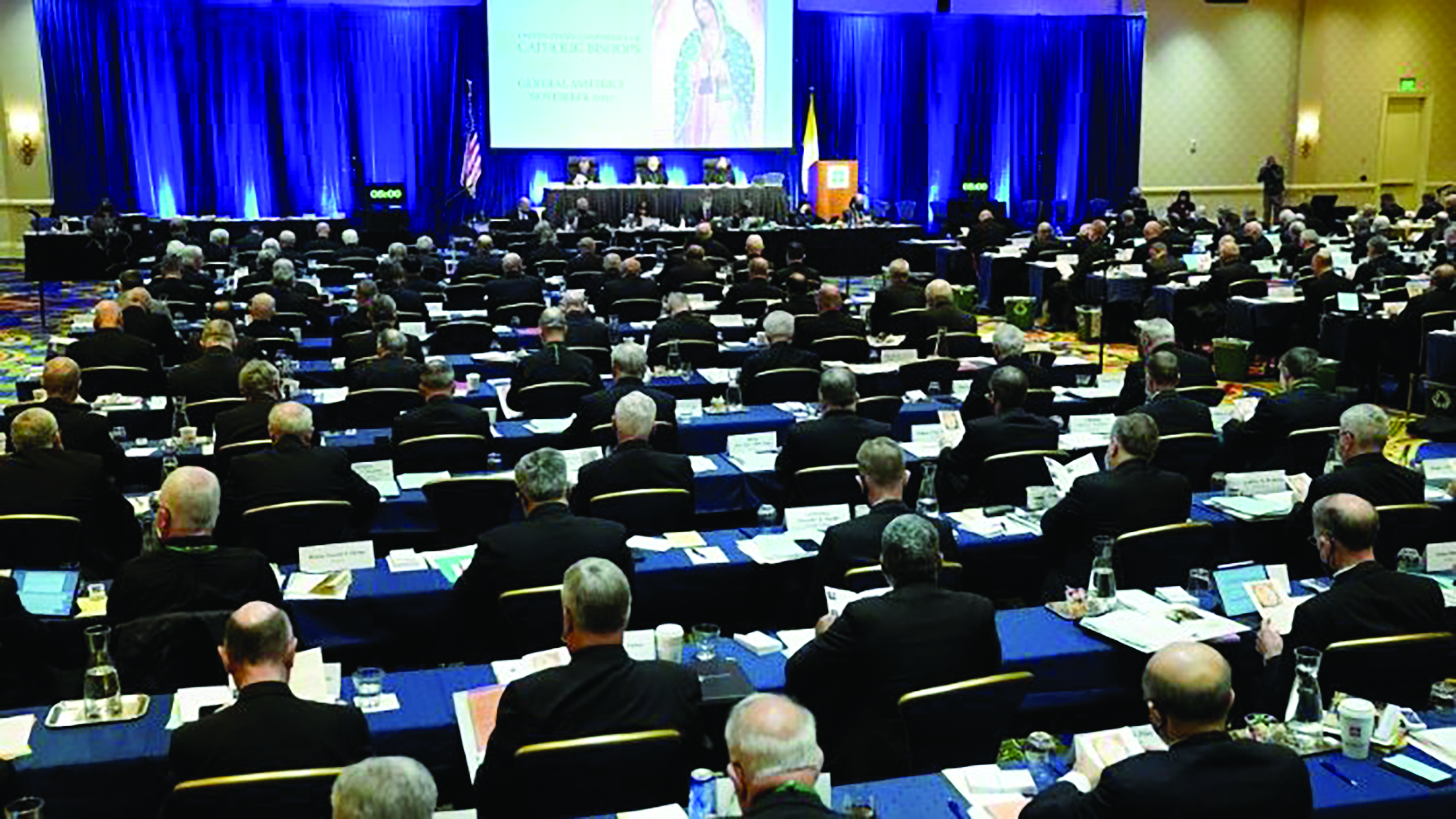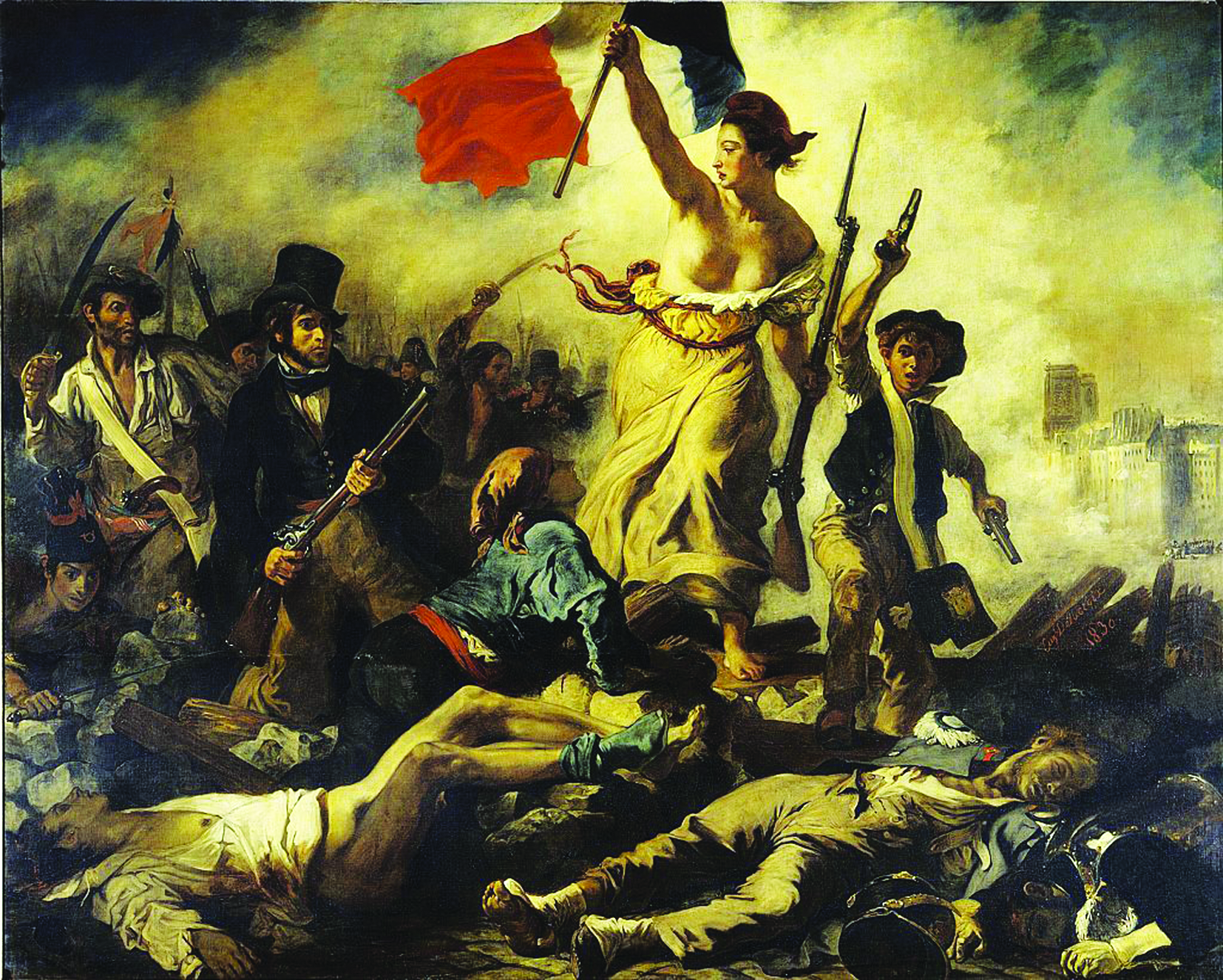Pope Francis meets on Wednesday afternoon with Myanmar’s Supreme Council of Buddhist monks, as well as with the country’s Minister for Religious Affairs.

Philippa Hitchen is in Yangon to cover this papal visit and has been finding out more about the female face of Buddhism in the country today….
Even the briefest visit to any city, town or village in Myanmar leaves you in no doubt that this is an overwhelmingly Buddhist nation. Golden gates and pointed domes, rise up out of the landscape and monks, in their simple maroon or brown robes, are everywhere to be seen.
Deeply religious nation
According to the statistics, almost 90 percent of people belong to this faith, with monks, collectively known as the Sangha, revered as highly respected members of society. Outwardly, it’s a deeply religious country, yet according to Ketu Mala, a well-known Burmese nun I met, there’s an urgent need for reform within this very traditional, patriarchal society.
Educational reforms
In 2012 she started an education project known as the Dhamma School Foundation, teaching Buddhism to young people, less as an ancient religious belief system and more as a contemporary way of applying values of love and compassion in their daily lives. By all accounts, she’s had remarkable success in bringing Buddhist teachings into mainstream education, with over 20.000 training centers in schools across the nation. Beforehand, she told me, at a meditation center on the outskirts of Yangon, there was no real equivalent of catechism or Sunday school for young Burmese girls and boys. It was a “top down system” where the “monks did all the talking and praying”, with no interest in the children’s views.
Active participation
Her method, on the other hand, she describes as an “active learning system” which encourages participation, designing specific curricula for the different school years. The idea is to make children and adults alike take their faith more seriously, focusing less on superficial religious rituals and more on a profoundly personal way of relating to one other. Or as Pope Francis might put it, less “comfortably tepid, lukewarm” believers and more genuine “joyful proclamation” of the faith.
Interfaith dialogue with women
Ketu Mala’s other passion is promoting equality for women, within her faith and within Burmese society as a whole. She recently won an award for a documentary film called ‘She’, produced together with a female Muslim leader and with Catholic Sister Elizabeth Chit Pom, who works for an NGO under the auspices of Myanmar’s bishops’ conference. Interfaith dialogue is increasingly difficult here with the exploitation of religion by ultra-nationalistic politicians.
Struggle for equality
Though she refutes the label ‘feminist’, Ketu Mala is doing a PhD on the role of Buddhist nuns in Myanmar, adding that it’s still “not easy to talk about gender equality” in the country today. When I mention Burmese leader, Aung San Suu Kyi, Ketu smiles and says ‘The Lady’ faces many of the same struggles too. There’s a long way to go before women enjoy the same respect and rights as their male counterparts here, but this is a battle that both these ladies are clearly committed to.
Vatican Radio






Facebook Comments